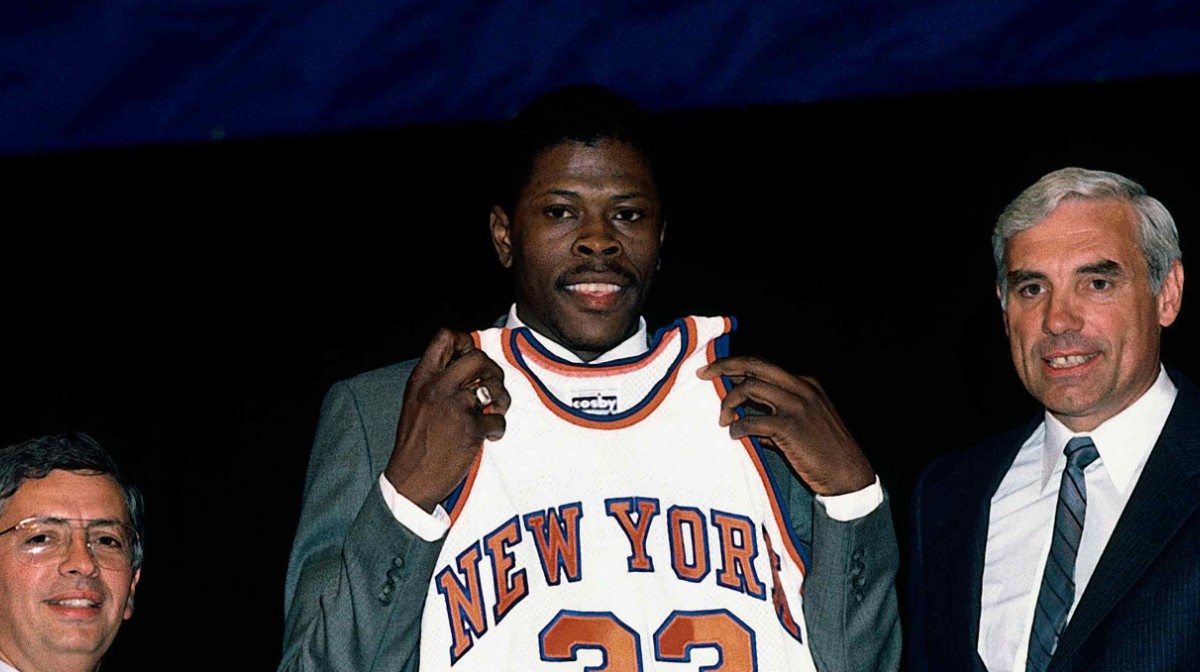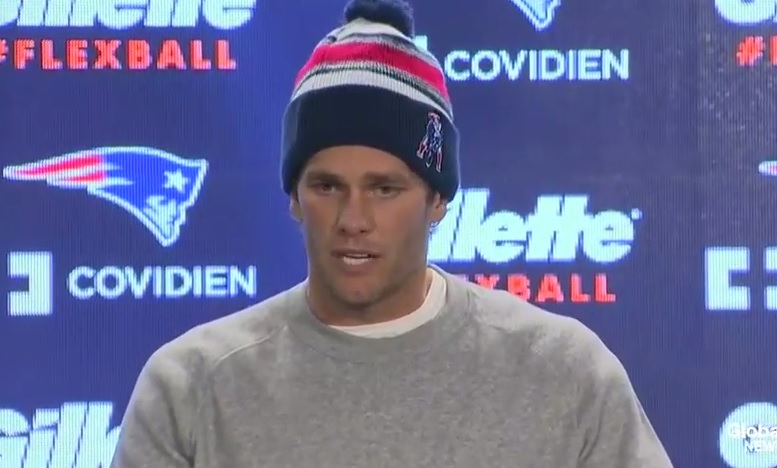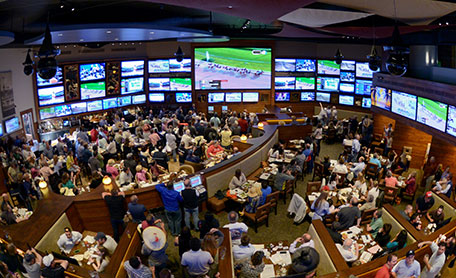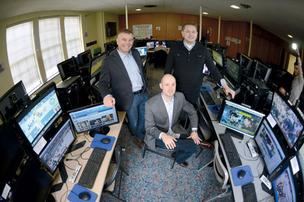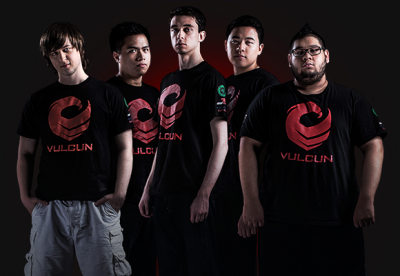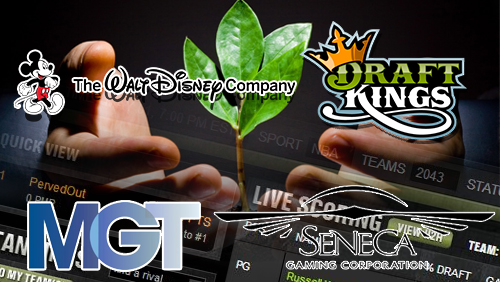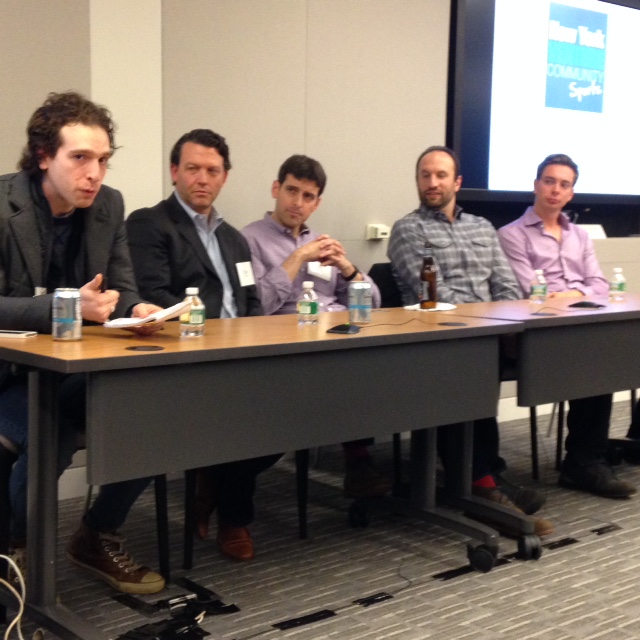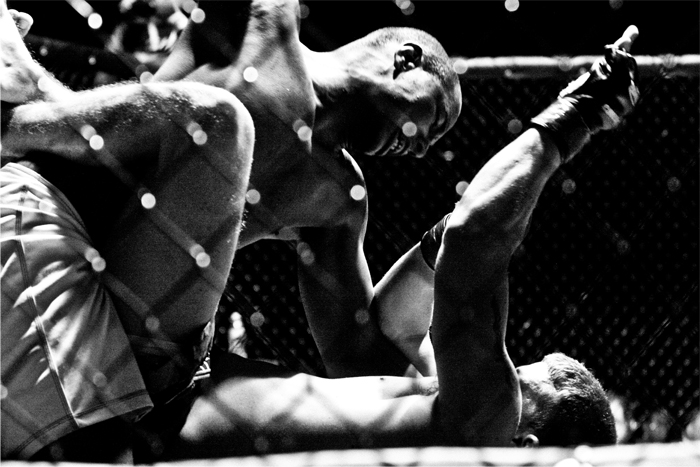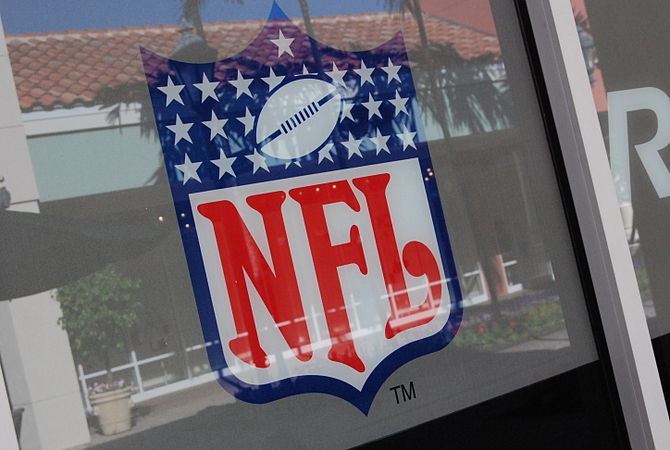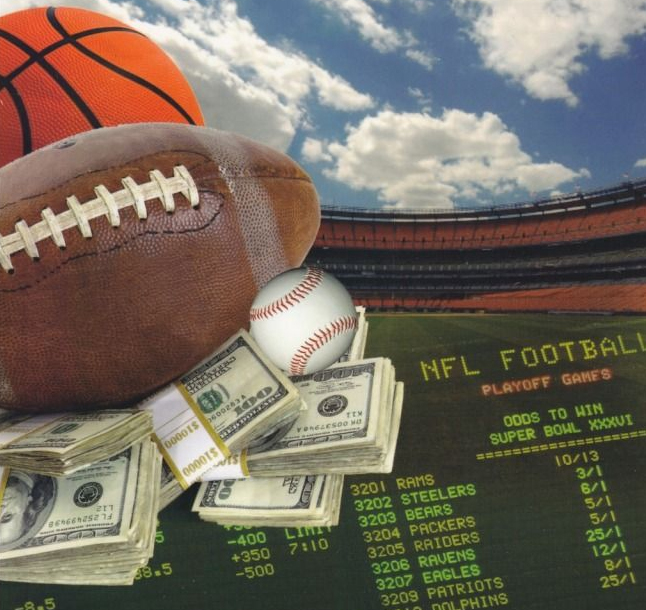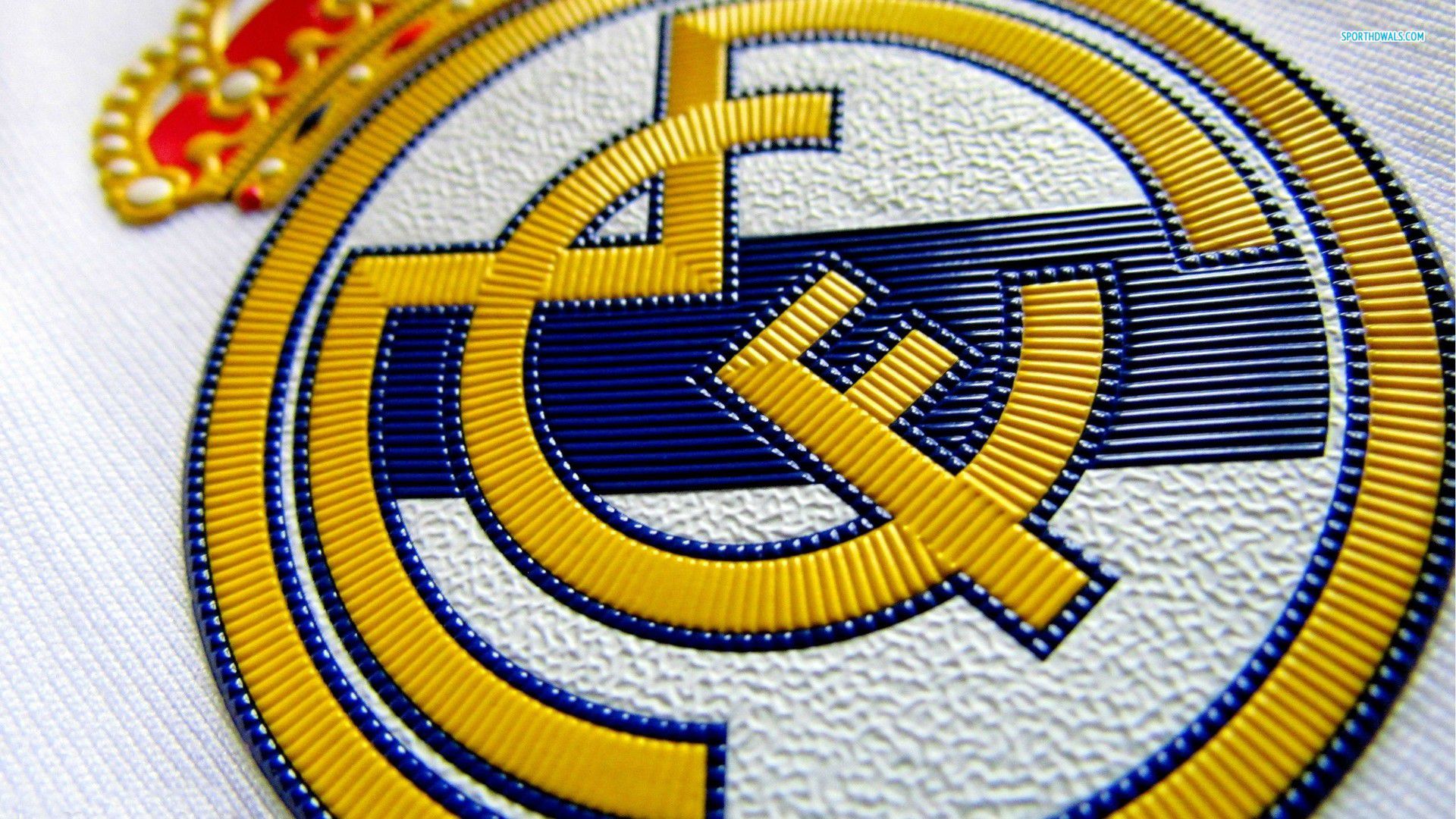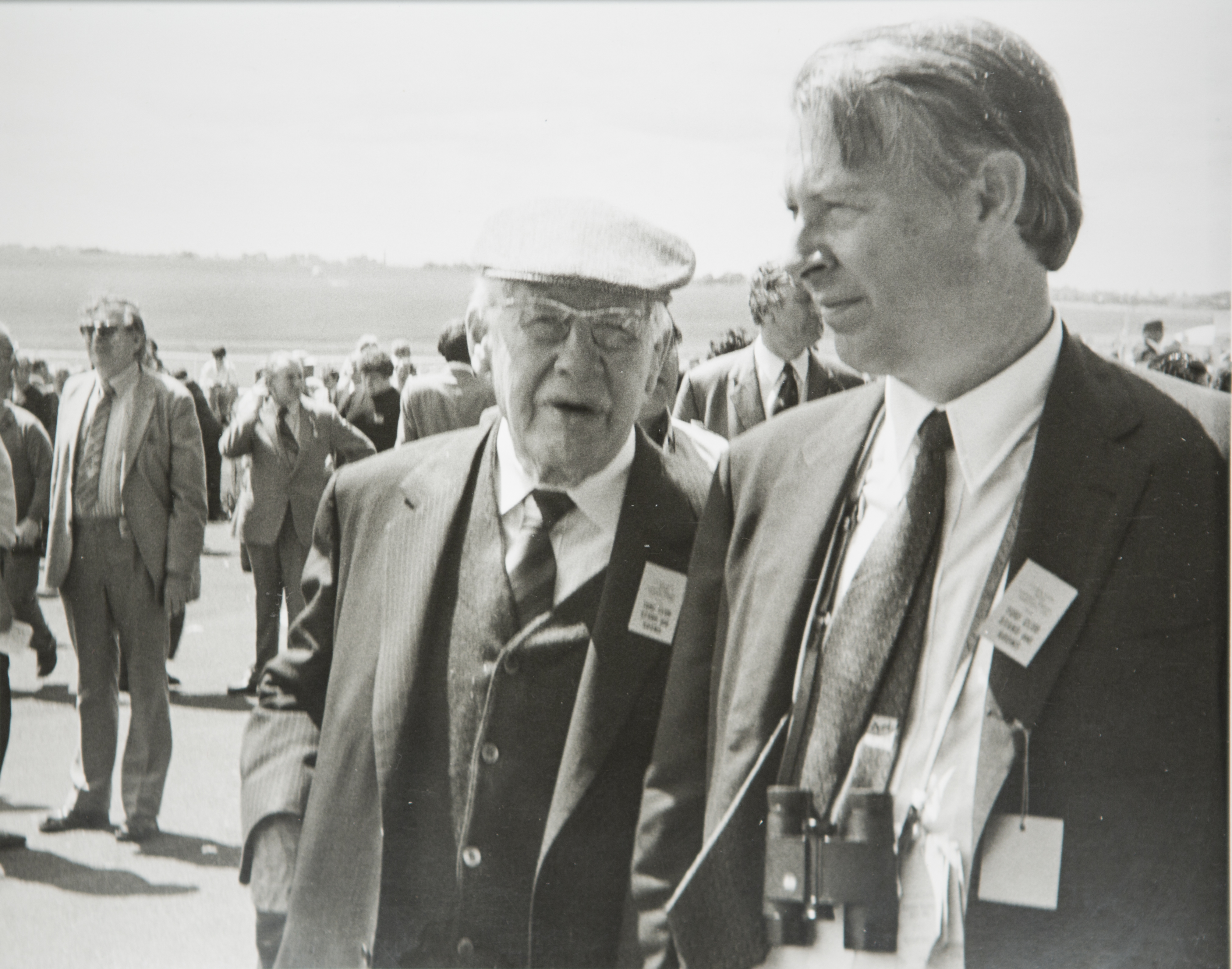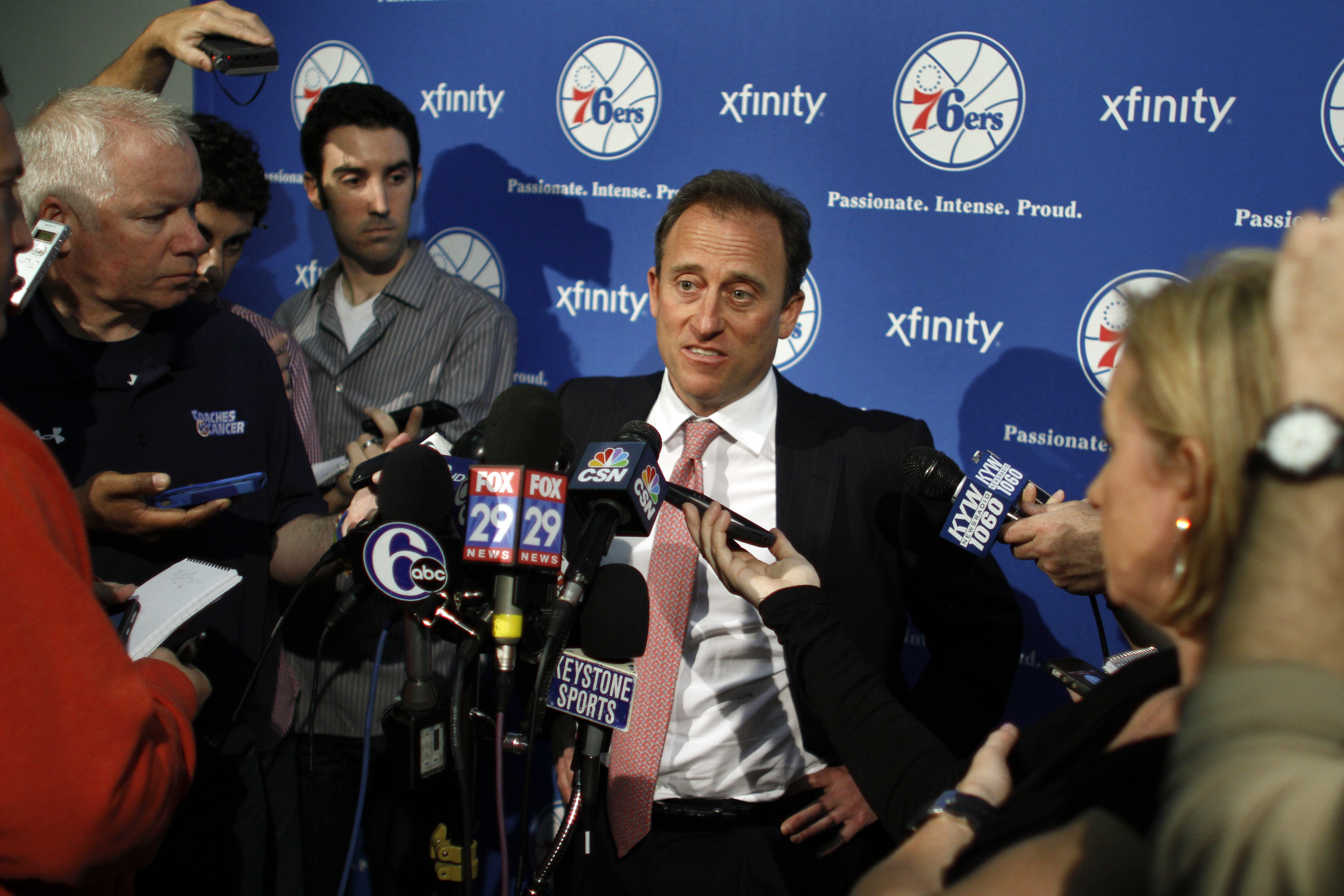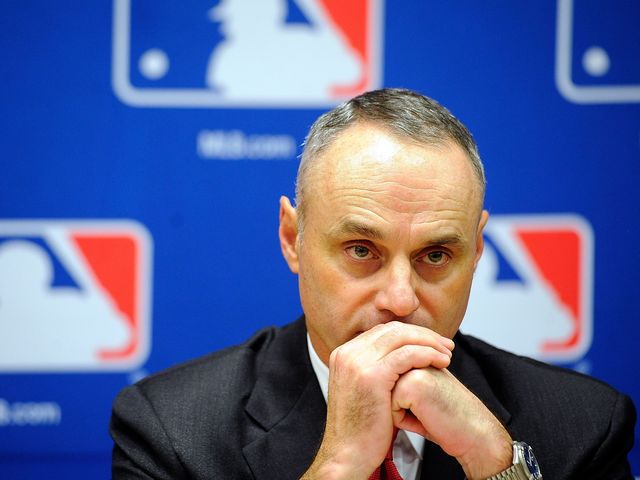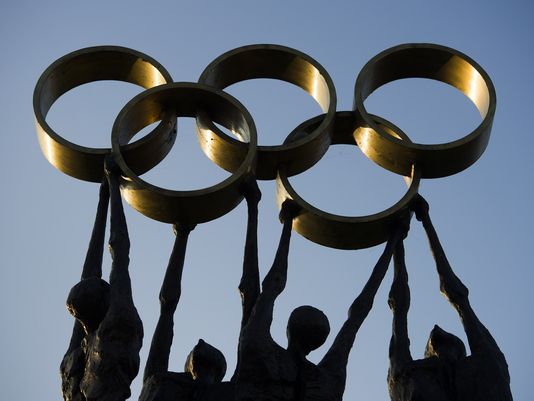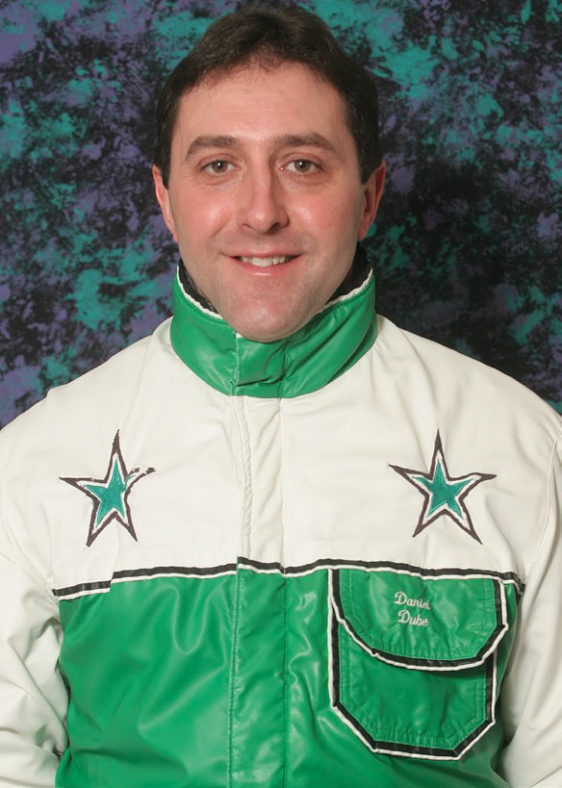NEW YORK – NBA conspiracy theorists everywhere, I’m here to tell you the absolute truth about the 1985 NBA Draft Lottery. Yes, I was there 30 years ago as one of about a dozen people charged with running the event on behalf of the teams of the National Basketball Association.
PROBABILITIES
The NBA teams entered in the 2015 NBA Draft Lottery are as follows: The first three picks in the draft will be determined by the lottery and the remainder of the “lottery teams” will select in positions 4 through 14 in inverse order of their consolidated standings at the end of the regular season.
|
Team
|
Record
|
Chances
|
1st Pick
|
2nd Pick
|
3rd Pick
|
|
Minnesota
|
16-66
|
250
|
25.00%
|
21.51%
|
17.77%
|
|
New York
|
17-65
|
199
|
19.90%
|
18.81%
|
17.12%
|
|
Philadelphia
|
18-64
|
156
|
15.60%
|
15.74%
|
15.59%
|
|
L.A. Lakers
|
21-61
|
119
|
11.90%
|
12.60%
|
13.30%
|
|
Orlando
|
25-57
|
88
|
8.80%
|
9.66%
|
10.68%
|
|
Sacramento
|
29-53
|
63
|
6.30%
|
7.10%
|
8.12%
|
|
Denver
|
30-52
|
43
|
4.30%
|
4.94%
|
5.79%
|
|
Detroit
|
32-50
|
28
|
2.80%
|
3.26%
|
3.89%
|
|
Charlotte
|
33-49
|
17
|
1.70%
|
2.0%
|
2.41%
|
|
Miami
|
37-45
|
11
|
1.10%
|
1.30%
|
1.58%
|
|
Indiana
|
38-44
|
8
|
0.80%
|
0.95%
|
1.15%
|
|
Utah
|
38-44
|
7
|
0.70%
|
0.83%
|
1.01%
|
|
Phoenix
|
39-43
|
6
|
0.60%
|
0.71%
|
0.87%
|
|
OK City
|
45-37
|
5
|
0.50%
|
0.59%
|
0.73%
|
The focus on the day of the 1985 NBA Lottery was actually so very basic, it took on more of a cry of hope to “not screw it up” rather than a form of any planning for after-the-fact. Yes, there were plenty of rehearsals, usually utilizing the team logo cards which were printed to be placed on the respective team table-tops at the draft, staged those years at The Felt Forum, adjacent to Madison Square Garden. The late Jack Joyce, a retired FBI agent who was a confidant of the late Larry O’Brien was in charge of the NBA’s security department and he was charged with spinning the drum on the lottery set, as his assistant, a NYC detective, Horace Balmer, kept a watchful eye on the process.
Levine, who was one of Welts’ top aides, made the suggestion to secure each envelope with a sticky, gold seal he purchased at a local stationary store on Madison Avenue which gave the look of a classy invitation to the otherwise plain envelopes. Levine was the last person to touch the envelopes before they made their way to the stage for all to see Joyce, Mr. Jack Wagner and David Stern conduct the actual event in front of the bright lights. There was no refrigerator. There was no dry ice. There were no bent envelopes or anything else that would have made any of us lose the very high level of credibility we all treasure and value to this day. And, as Stern has noted on occasion of interrogation from inquiring minds, we were not in the practice of committing a punishable felony of fraud anywhere or anytime, never mind in front of television cameras for all the world to see as we represented the league and worked so hard to enforce its rules and procedures – on and off the court.
Looking back after all the years, I was fortunate enough to witness unbelievable acts of athleticism and, literally hundreds of hotly-contested, high-pressure feats, such as Julius “Dr. J” making his incredible reverse, under-the-basket and off-the-backboard lay-up in the 1980 NBA Finals against the LA Lakers, Michael Jordan’s “spectacular move” driving to the hoop a few years later against those same Lakers. I saw Magic Johnson whipping crisp passes to James Worthy or lobbing them into Kareem Abdul-Jabbar who would sink his patented sky-hook. I even watched Vince Carter jumping over Frederic Weis at the 2000 Sydney Olympic Games but, to this day, there were two episodes that really stood out and I truly could not believe that I witnessed during my NBA career.
One was the first time the “Dream Team” took the court at the Basketball Tournament of the Americas and the other was the palpable tension that built up about “two envelopes” into that ’85 Draft Lottery. No one could’ve properly planned or really anticipated the magnitude of either one of those moments in time. They were just truly incredible moments in sports history.
Now, after 30 years, I have mixed feelings about all that’s been stated about the ’85 event. My reactions to the conspiracy theorists were, in fact, much like Stern’s. My first thoughts were just amazement at their concept and imaginations and an honest hope that someone with that mindset is on the right side of the law. Then, some anger and resentment that so many – more informed people – would call our decency and credibility into question. Then, a return to amusement at the continued sillyness and ridiculousness of the length new media would actually go to continue such a stupid and wrong myth. And, then, a return to anger at the sheer longevity of the accusations. I try not to take it personally, but, deep down it still hurts.
Overall, I was happy to see the league take action steps over the years to instill more sense of fairness for the lottery teams. In 1986, the competition committee influenced the league’s Board of Governors to make adjustments to the system and the NBA decided the lottery would determine the order of selection for the first three picks only. The remaining non-playoff teams would select in inverse order of their regular-season records. Therefore, the team with the worst record would be assured of picking no worse than fourth, the team with the second-worst record no worse than fifth and so on. In 1993, the NBA board approved a modification of the system effective with the 1994 lottery, to again increase the chances of the teams with the worst won-loss records to gain one of the top three picks in the draft while decreasing the chances of the teams with the best records. The new system increased the chances of the team with the worst record drawing the first pick from 16.7 percent to 25 percent, while obviously decreasing the chances of the team with the best record amongst lottery teams. In ’95, the NBA adjusted the lottery with the addition of the Toronto Raptors and Vancouver Grizzlies (now Memphis) franchises and in 2004 the system was adjusted to make room for the return of Charlotte to the NBA and the probabilities set to what they are this week when the NBA stages the lottery in New York City, once again.
All of those adjustments in the rules were intended to balance fairness in the process to re-stock teams in desperate need of talent upgrades against the improper “tanking” of games by the front office personnel of teams seeking to position their franchises for an upcoming draft. To this day, I’m not sure there is a solution that can make it a perfect science, but I do applaud the NBA for consistently tweaking the system over the years and for focusing on the issues while seeking new and possibly better mechanisms to fairly disperse the never-ending talent pool entering the league.
